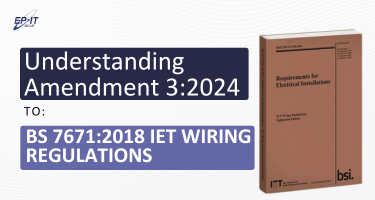 Add My Company
Add My Company

Amendment 3:2024 to the BS 7671:2018 Requirements for Electrical Installations, IET Wiring Regulations Eighteenth Edition is an essential update for all professionals involved in electrical installations. This amendment, published jointly by The Institution of Engineering and Technology (IET) and the British Standards Institution (BSI), introduces new regulations and clarifications that are critical for ensuring compliance with the latest standards. For those looking to stay current, EPIT’s 18th Edition course is the ideal resource to understand and implement these updates.
Key Updates in Amendment 3:2024
New Regulation: Bidirectional and Unidirectional Protective Devices
Amendment 3:2024 introduces a significant new regulation, 530.3.201, which addresses the selection and erection of equipment for protection using either bidirectional or unidirectional protective devices.
- Bidirectional protective device: A device intended by the manufacturer to connect a source of supply to either or both sets of connection terminals.
- Unidirectional protective device: A device where the source of supply is connected only to one defined set of connection terminals.
This new regulation is crucial for installations that involve renewable energy sources, such as solar PV systems or battery storage. Proper implementation of these devices is key to ensuring safe and reliable energy flow, preventing potential hazards. EPIT’s 18th Edition training will cover the details of this regulation, ensuring that professionals are well-equipped to apply it in their work.
Focus on Protective Devices
The amendment places a significant emphasis on the correct selection and installation of protective devices, especially in installations with additional power sources like battery storage or solar PV systems. By addressing ambiguities in earlier editions, Amendment 3:2024 ensures that safety measures are up-to-date and effective. This focus on protection is critical for modern electrical installations, and professionals will find comprehensive guidance in EPIT’s 18th Edition course.
Clarifications on RCDs and Circuit-Breakers
Regulation 530.3.201 also includes important clarifications regarding the connections of Residual Current Devices (RCDs) and circuit-breakers. The regulation specifies that certain devices, including RCCBs, RCBOs, circuit-breakers, and AFDDs, must be marked to indicate if they are unidirectional or bidirectional. Understanding these distinctions is essential for maintaining the safety and reliability of electrical installations, which will be thoroughly addressed in EPIT’s 18th Edition training.
- Unidirectional vs Bidirectional Devices:
- The amendment clarifies the differences between connections for unidirectional and bidirectional RCDs and circuit-breakers.
- Some devices with terminals labelled as ‘supply and load’, known as ‘unidirectional devices’, cannot accept an electrical supply on the load side.
- In cases where power can flow in both directions, the protective device needs to be ‘bidirectional’.
- Multiple Power Sources:
- The clarification addresses installations with multiple sources of supply, such as DNO supply, battery storage, and solar PV inverters.
- Protective devices need to be able to handle supplies that can be connected on either side of the device.
- Safety and Reliability:
- These changes are aimed at improving the safety and reliability of electrical installations, especially in residential settings where RCDs are commonly used
Updates to Inspection and Testing Procedures
While Amendment 3:2024 does not overhaul inspection and testing procedures, it emphasises the need to align these processes with the most recent safety standards. Professionals must remain diligent in their inspections, ensuring that installations meet the updated regulations. EPIT’s 18th Edition training will provide in-depth instruction on these updated procedures, ensuring that your inspections are thorough and compliant.
Why This Matters for Your Career
The changes introduced in Amendment 3:2024 are critical for a wide range of professionals, including:
- Electricians: Required to update their practices and complete training, such as the 18th Edition course at EPIT, to stay informed about new regulations.
- Electrical Engineers: Must integrate these changes into their designs and implementations.
- Electrical Contractors: Need to ensure all installations comply with the updated standards.
- Building Owners and Managers: Should be aware of the need to upgrade existing installations, especially concerning energy efficiency and safety measures.
- Electric Vehicle Infrastructure Providers: Must adhere to the new requirements for EV charging installations.
Training and Staying Informed with EPIT
To stay ahead in the electrical industry, enrolling in EPIT’s IET Wiring Regulations 18th Edition course is crucial. This course provides a comprehensive understanding of Amendment 3:2024 and other critical aspects of BS 7671:2018, ensuring that your knowledge is up-to-date and your installations are compliant with the latest standards.
Conclusion
Amendment 3:2024 to the BS 7671:2018 Requirements for Electrical Installations, IET Wiring Regulations Eighteenth Edition introduces important updates that are essential for modern electrical installations. By staying informed and adapting to these new requirements through EPIT’s 18th Edition training, you can ensure that your skills and knowledge remain at the forefront of the electrical industry.
For more information on how to enrol in EPIT’s IET Wiring Regulations 18th Edition course, visit EPIT Group’s course page.
For more information on Understanding Amendment 3:2024 to BS 7671:2018 IET Wiring Regulations talk to EPIT Group
